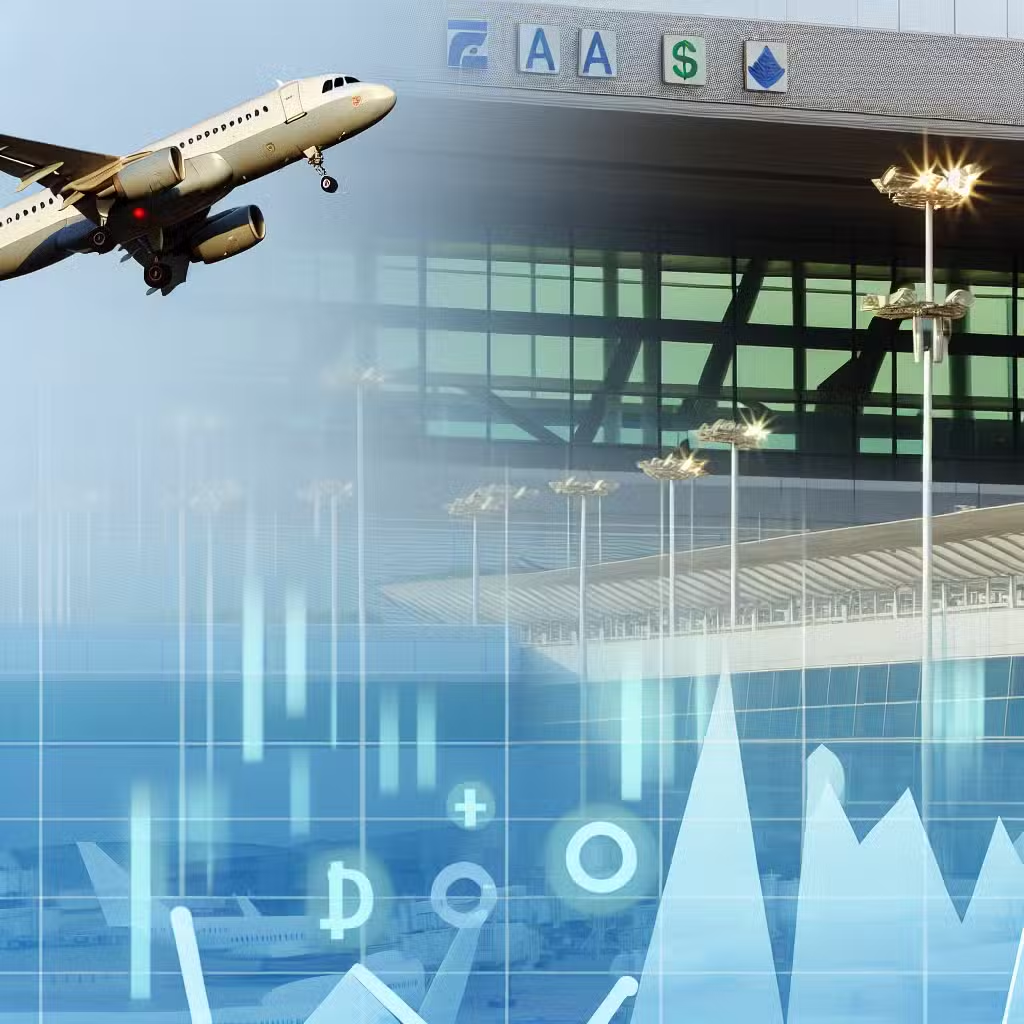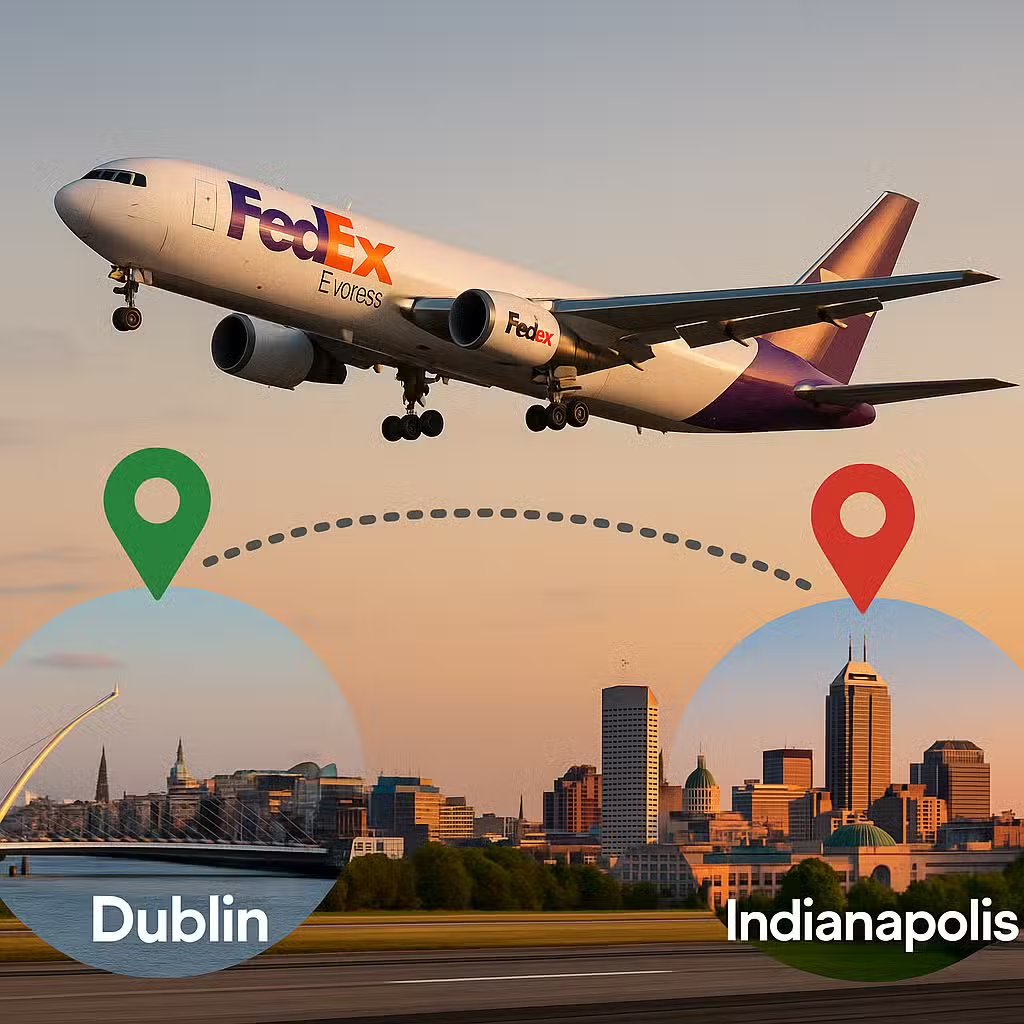FAA Airport Flight Reductions: What Investors Should Know About Potential Impacts on Travel Demand
Think of the air travel system like a busy highway. If a big section suddenly closes, everyone feels the slowdown—drivers, passengers, and businesses alike. That’s what’s happening now as the government shutdown forces the FAA to cut flights at major airports. Here’s why this matters for your investments and what you should know.
Why Investors Should Care
When flights are cut at 40 big airports, it’s not just travelers who lose time—airlines, airport shops, hotels, and even some tech companies could take a hit. The travel sector is a key part of the U.S. economy, and disruptions can ripple out, affecting portfolios in ways you might not expect.
In 2023, U.S. airlines carried over 850 million passengers—a record high. Fewer flights now means lost revenue and possible market drops for travel stocks. [Source]
What’s Happening?
The FAA says it will reduce flights by about 10% at 40 major airports due to the government shutdown. That’s 3,500 to 4,000 fewer flights every day. Some of the busiest airports in Atlanta, Chicago, Dallas, Los Angeles, and New York are on the preliminary list.
- Airlines like United, Delta, American, and Southwest are waiving change fees—even for basic tickets.
- Many are offering refunds and encouraging travelers to rebook early.
- Frontier Airlines even suggests buying backup tickets with other carriers.
There’s no end date for these cuts. The FAA and airlines are still figuring out which flights will be dropped, but more cancellations are likely.
Bull Case: Why Some See Opportunity
- Proactive airlines: Quick waivers and refunds could keep customers loyal and soften financial blows.
- Flexible travelers: People who can change plans may still travel, just at different times, keeping demand steady.
- Tech investments: More travelers using airline apps and digital tools could boost tech adoption in travel.
Bear Case: Why Others Are Worried
- Lost revenue: Fewer flights mean less ticket sales, hurting airline and airport profits.
- Ripple effect: Hotels, restaurants, and car rentals near airports may see fewer customers.
- Longer-term pain: If the shutdown drags on, delays could snowball, making travelers and investors even more nervous.
What Travelers—and Investors—Need to Know
- Stay alert for cancellations; use airline apps with notifications turned on.
- For non-urgent travel, consider rescheduling or using trains and buses instead.
- If you must fly, get to the airport early and pack light in case you need to rebook quickly.
- Travel insurance can help, but read the fine print—coverage depends on the reason for the delay or cancellation.
The last time air travel was this disrupted was after 9/11, which led to big changes in how airlines operated and how investors viewed travel stocks.
Investor Takeaway
- Review your holdings: If you own airline, hotel, or travel-related stocks, be ready for short-term bumps.
- Stay diversified: Don’t put all your eggs in the travel basket. Broader market exposure can help smooth out sector shocks.
- Watch for bargains: If travel stocks drop more than the actual risk justifies, it could open up buying opportunities for patient investors.
- Monitor the shutdown: The longer it lasts, the bigger the impact—so keep an eye on government news and company updates.
- Think long-term: Travel always bounces back, but timing matters. Stay flexible, just like smart flyers do.
For the full original report, see CNBC







